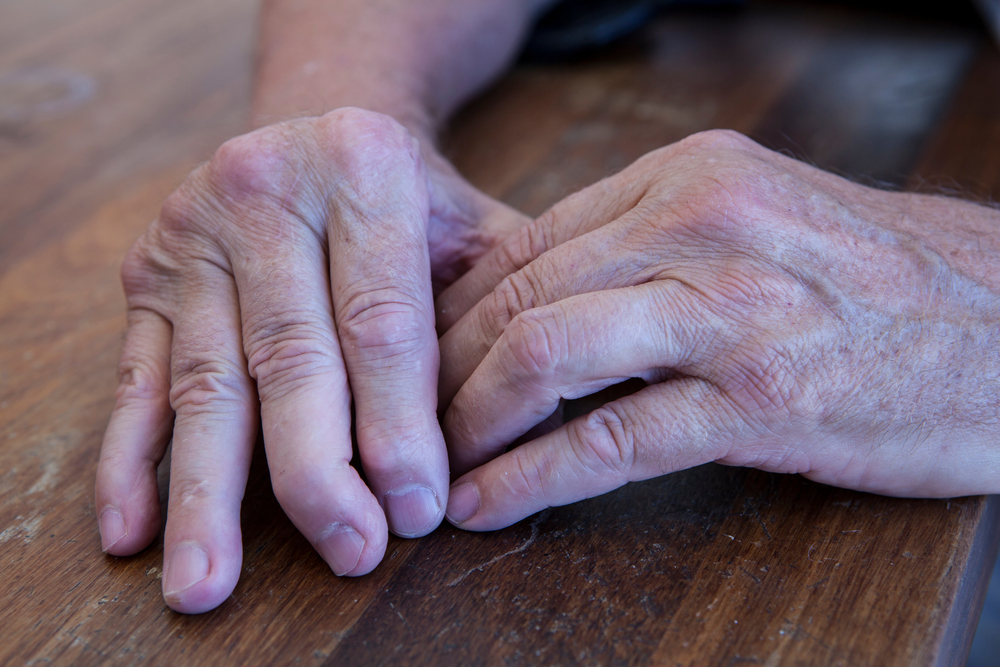Psoriatic arthritis is a chronic autoimmune condition that affects millions of people worldwide. Early detection is crucial to managing the disease effectively and preventing joint damage. Learn the warning signs of psoriatic arthritis now and protect yourself from this debilitating disease.
Causes of Psoriatic Arthritis
The exact cause of psoriatic arthritis remains unknown, but it is believed to be a result of a combination of genetic and environmental factors. Here are some key insights into its causes:
- Genetics: Psoriatic arthritis tends to run in families, suggesting a genetic predisposition.
- Immune System: An overactive immune system plays a significant role, triggering inflammation that affects the joints and skin.
- Environmental Triggers: Infections, injuries, or stress can potentially trigger the onset or exacerbation of psoriatic arthritis in individuals with a genetic susceptibility.
Signs & Symptoms
Recognizing the early signs and symptoms of psoriatic arthritis is crucial for prompt intervention. These symptoms often vary from person to person, but here are some common indicators:
- Joint Pain: Persistent joint pain, stiffness, and swelling, especially in the fingers, toes, wrists, and knees, may be early warning signs.
- Skin Changes: If you have psoriasis, the appearance of joint pain should raise concerns about psoriatic arthritis, as they often go hand in hand.
- Nail Issues: Changes in nail color, pitting, or separation from the nail bed can be an early sign.
- Fatigue: Unexplained fatigue and a feeling of general malaise may accompany joint discomfort.
- Morning Stiffness: Stiffness that lasts for more than 30 minutes in the morning is a typical symptom.
- Swelling and Tenderness: Swollen and tender areas around the joints, known as enthesitis, are common in psoriatic arthritis.
Available Treatment Options
Early diagnosis allows for more effective management of psoriatic arthritis. Treatment aims to reduce symptoms, prevent joint damage, and improve quality of life. Here are some treatment options:
- Medications: Nonsteroidal anti-inflammatory drugs (NSAIDs) can help manage pain and inflammation. Disease-modifying antirheumatic drugs (DMARDs) like methotrexate and biologics may be prescribed for more severe cases.
- Physical Therapy: Physical therapy can improve joint function and reduce pain through tailored exercises and techniques.
- Lifestyle Modifications: Weight management, stress reduction, and exercise can help alleviate symptoms.
- Joint Injections: Corticosteroid injections can provide relief for inflamed joints.
- Surgery: In severe cases, joint surgery may be necessary to repair or replace damaged joints.
- Complementary Therapies: Some people find relief through complementary approaches like acupuncture or dietary changes.
Early detection of psoriatic arthritis is vital to managing the condition effectively. By understanding the causes, recognizing the signs and symptoms, and exploring available treatment options, individuals can take proactive steps towards better managing their health and quality of life. If you suspect you may have psoriatic arthritis, consult a healthcare professional for a thorough evaluation and personalized treatment plan.
